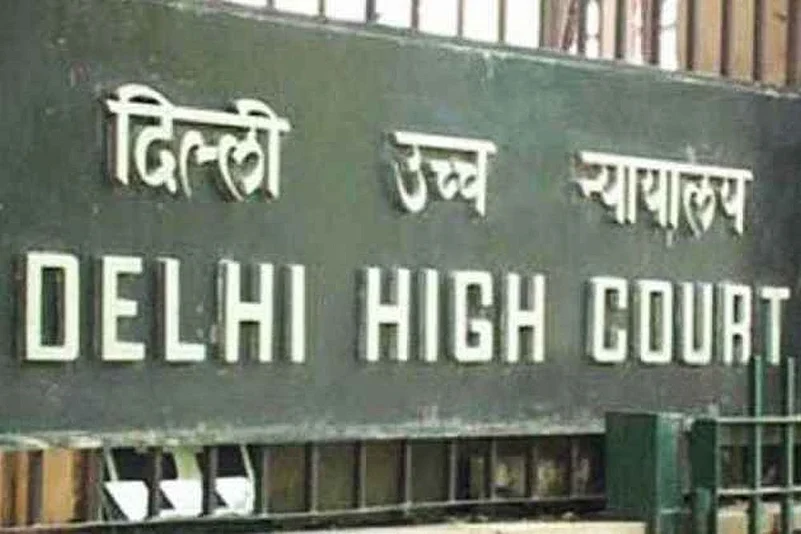Following allegations of media leaks in Delhi Excise Policy case, the Delhi High Court on Monday directed the Central Bureau of Investigation (CBI) and Enforcement Directorate (ED) to place their public statements in the case before the court.
Vijay Nair, an accused in the alleged Delhi Excise Policy scam, has alleged that sensitive information related to case has been leaked to media.
The HC has directed the CBI and the ED to place before it all the press communications and releases put out by the agencies in relation to a probe into the Delhi excise policy "scam" case. The court said it will consider the official communications issued by CBI and ED and see if the reports carried by television channels on the issue were based on it or were a "figment of their imagination".
The CBI and ED are leading separate investigations into alleged irregularities in the formulation and implementation of the Delhi Excise Policy. Aam Aadmi Party (AAP) and Delhi Deputy Chief Minister Manish Sisodia is accused in the case and has been subjected to CBI raids.
Nair has filed a plea claiming that sensitive information in relation to the case is being leaked to the media by the investigating agencies, which is hampering his right as an accused.
"The court, before proceeding further, requests respondent nos. 1 (CBI) and 2 (ED) to place all the press communications and press releases put out by them in connection with the investigation of the criminal case," said Justice Yashwant Varma and listed the plea for further hearing on November 21, also obsering that "disclosure is happening in real time, prime time, day in and day out".
Nair is a former chief executive officer (CEO) of an event management company and the communication in-charge of AAP in Delhi.
Appearing for Nair, Senior Advocate Dayan Krishnan argued that if a news organisation carries reports based on imagination, it is dangerous.
To this, Verma said, "Then that is an alarm for us."
Krishnan said the trial is at a critical stage and when the details of it are published in the media, the rights of his client are harmed. He contended that all the information is reaching the media through the investigating agencies and said the court should examine whether the television channels broadcast something beyond the information supplied to them.
"We do not know if these channels imagined the information," he said, adding that the statement of an approver is being recorded in the case before a trial court and if that too is reported by the media, it would seriously prejudice the accused's case.
To this, the judge said if a statement under section 164 of the Code of Criminal Procedure (CrPC), which is recorded in camera, can be leaked, it is a serious issue.
The court asked the CBI and ED to produce the information that they have put in the public domain before it and said if the media broadcasts something purely on the basis of assumptions, that is something else.
"Place those communications that you may have issued. You have the right to issue the communications. Whatever you (agencies) tell them (media) about the investigation is what should be broadcast.... We want to see is it correct and true or is it their imagination. We want to see whether the things reported are complete exaggeration or a figment of their imagination or is it to add some spice," it said.
The judge said the court was not concerned as regards whether the petitioner is a member of a political party.
"We are only interested in protecting the rights of the accused. We want to know what was put out in the public domain and if what has been presented in the media is a correct representation or goes far beyond that," the judge said.
According to the prosecution, Nair, who is associated with the AAP, entered into a criminal conspiracy with others and in furtherance of the conspiracy, the excise policy of the Government of the National Capital Territory of Delhi (GNCTD) for 2021-2022 was framed and implemented.
The motive, according to the prosecution, was to provide undue and illegal favours to liquor manufacturers and distributors at the cost of the state exchequer and the policy resulted in a huge revenue loss to the government.
The CBI had registered an FIR against public servants, including Sisodia, and excise department officers under the relevant sections of the Indian Penal Code (IPC) and the Prevention of Corruption Act. According to the FIR, the accused public servants were instrumental in recommending and taking decisions about the excise policy, without securing the approval of the competent authority. The intent of the accused was to extend undue favours to the liquor licensees for illegal pecuniary benefits, the FIR said.
(With PTI inputs)


























